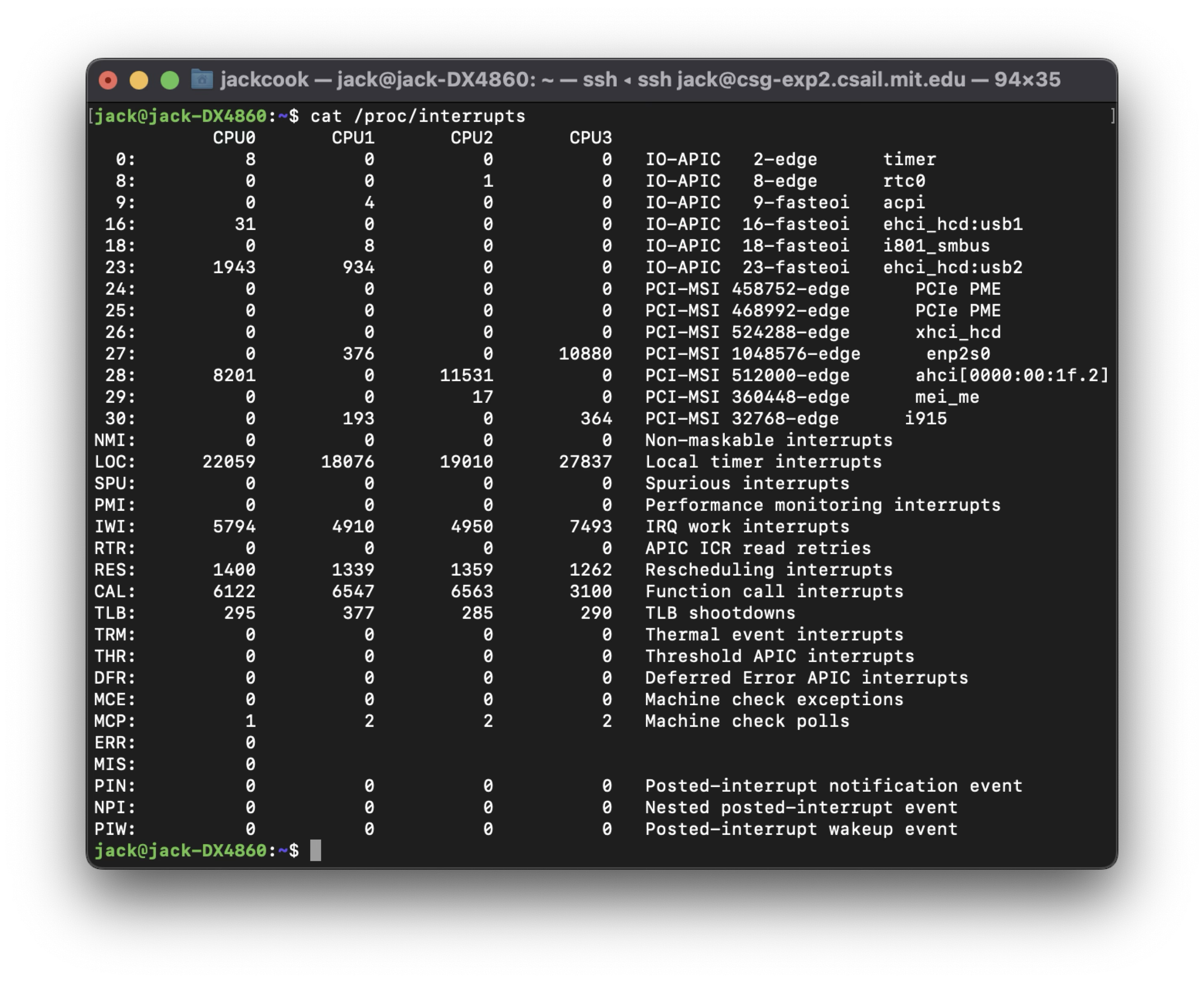Get the latest tech news
Machine learning and nano-3D printing produce nano-architected materials
Research led by Professor Tobin Filleter (MIE) could benefit industries from automotive to aerospace
In a new paper published in Advanced Materials, a team led by Professor Tobin Filleter(MIE) describes how they made nanomaterials with properties that offer a conflicting combination of exceptional strength, light weight and customizability. Nano-architected materials are made of tiny building blocks or repeating units measuring a few hundred nanometres in size — it would take more than 100 of them patterned in a row to reach the thickness of a human hair. “We hope that these new material designs will eventually lead to ultra-light weight components in aerospace applications, such as planes, helicopters and spacecraft that can reduce fuel demands during flight while maintaining safety and performance,” says Filleter.
Or read this on Hacker News
